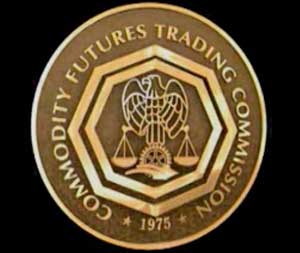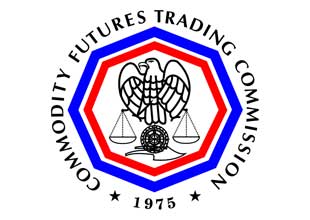Did the selection of an ex-energy company lobbyist to serve on the Commodity Futures Trading Commission drive a recent rally in the oil market? Energy analyst and Fox Business contributor Phil Flynn raises this theory in a recent column, pointing out that Scott O’Malia’s nomination is being viewed as a positive sign by investors who are worried that the commission, under chairman Gary Gensler, may take an overly aggressive stand on speculation.
Flynn writes:
Another interesting take on the weird movements in oil actually was suggested by one of my readers. He seemed to think that the recent buying in oil had to do with politics and the CFTC. He seemed to think that the CFTC’s approval of Scott O’Malia as CFTC Commissioner reduces the risk that the agency will force aggressive position limits on oil… Mr. O ‘Malia is seen by the marketplace as more of a free marketer and will provide balance to the debate over speculation by filling the fifth and final seat on the CFTC commission…
Hopefully this will provide some balance as the agency’s new chairman Gary Gensler seems biased against the speculators argument that they did not cause the spike in oil price but only reflected the massive uncertainty surrounding the greatest economic crisis in recent times. As the agency moves to reign in speculation, it is hoped that this confirmation of O’Malia will make sure the agency doesn’t go too far in a rush to judgment.
Flynn, a vice president at PFGBest, a futures brokerage, says he doesn’t necessarily buy the notion that O’Malia’s nomination caused a rally, but he describes it as “an interesting take on…interesting market movements.”
But if the oil market is bullish on O’Malia, it has good reason to be. In the past, he has lobbied against regulatory measures concerning the energy sector—a strong indication that he may be an ally of speculators hoping to keep government meddling at a minimum. As David Corn and I reported recently, from 2001 to 2003 O’Malia was the director of federal legislative affairs for Mirant, an Atlanta-based energy company accused of engaging in Enron-style abuses, including manipulating electricity prices in California and contributing to a statewide energy crisis. At Mirant, O’Malia was registered to lobby for the repeal of the Public Utility Holding Company Act, a law intended to curb speculative investments by energy, natural gas, and water utilities. (PUHCA opponents eventually succeeded in getting the law replaced by a weaker regulatory regime.) He was also signed up to lobby against a bill that would have expanded the CFTC’s authority to police energy derivatives. (The legislation was ultimately defeated.)
While market watchers are clearly taking notice of O’Malia’s regulatory track record, the same can’t be said of the Senate agriculture committee, which is in charge of reviewing his nomination. During his confirmation hearing last week, O’Malia—who spoke of his commitment to strengthening market oversight and exposing risky trading practices—wasn’t asked a single question about his deregulatory lobbying efforts. Such a failure of vetting would be considered irresponsible on Wall Street. It’s called due diligence.
Follow Daniel Schulman on Twitter.


















